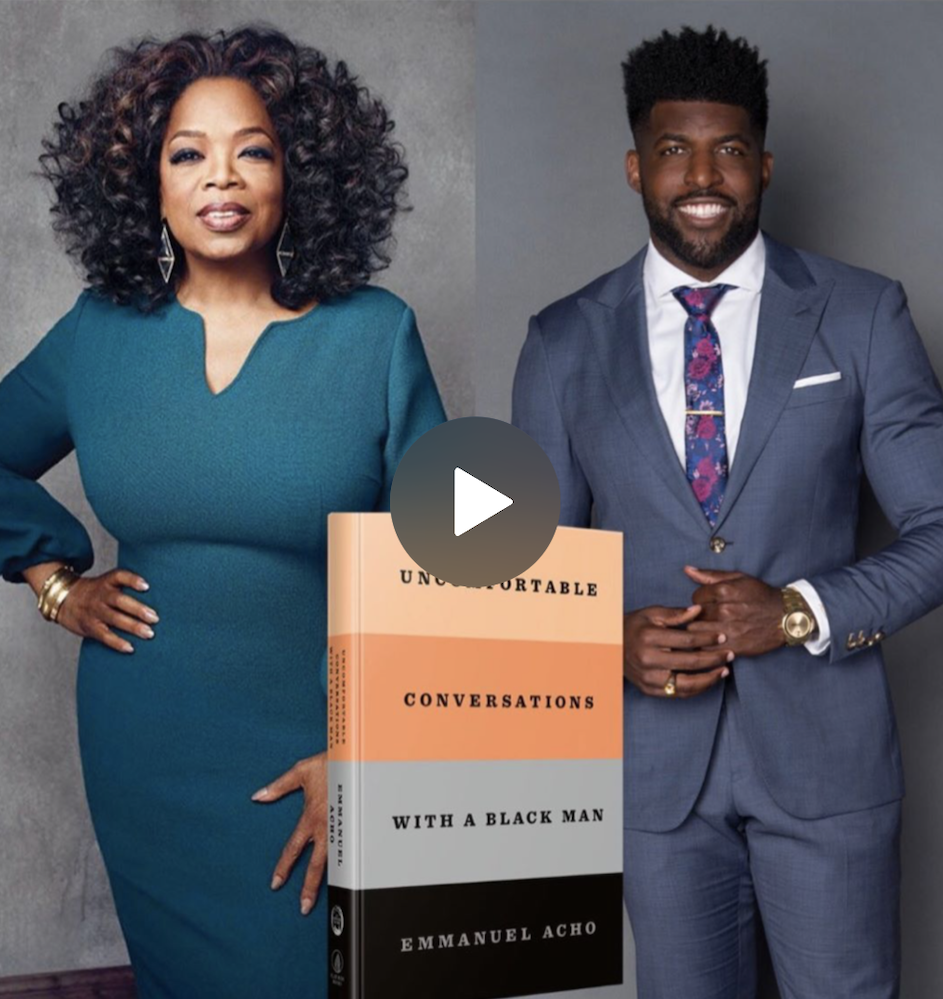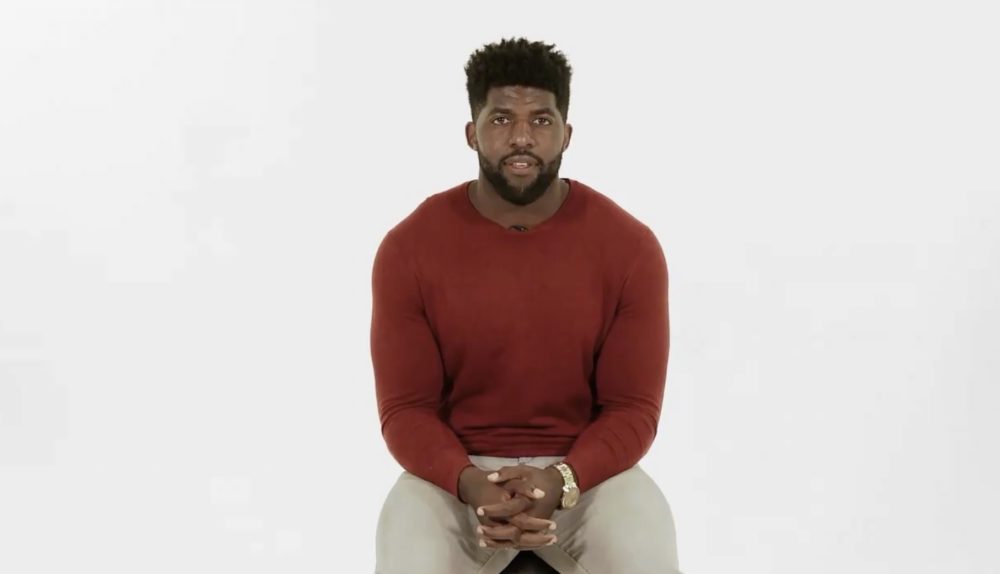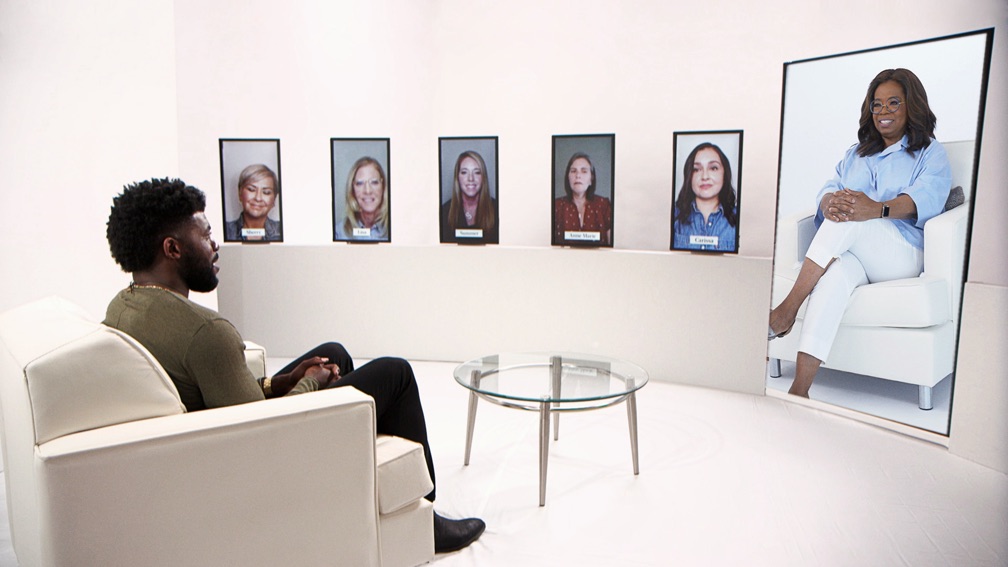
That's how we best engage in true meaningful dialogue: Listening to understand and then we can curate our response from there. "Far too often, we listen to respond, as opposed to listening to understand. "All great things are birthed through ," he says.

But he wants to empower both young readers and adults to stick with that discomfort regardless. "But do your part to learn the rules of engagement prior to dialogue."īecause he's no stranger to having these tough conversations, Emmanuel acknowledges that they can be a source of discomfort. Now, when somebody does offend you, do your best to extend them grace because an eye for an eye leaves everyone blind," he says. "When you're having dialogue with other people who don't necessarily look like you, educate yourself in advance. podcast In this episode, Sharon sits down for an uncomfortable conversation with bestselling author and Emmy-nominated host, Emmanuel Acho. Just like learning the customs of a different culture before visiting a new place, Emmanuel encourages people to learn about each other.

But he also cautions adults and children alike against starting difficult conversations before educating themselves. "Before you know it, they're going to be in college and gone and now you haven't done your job to equip them," he points out. While Emmanuel's new book is geared toward kids in middle school and early high school, he says it's never too early to start short talking about racism around the dinner table. "If you, as a parent, don't have any Black or brown friends, then that's what your children and your teenagers are watching during their most permeable years. "Far more is caught than is taught," he says. "I want to short circuit, dismantle and disarm racial ignorance and racial insensitivity before it gives birth to racism."įar too often, he adds, parents teach their kids not to see color, or to treat all of their classmates kindly, regardless of what they look like. "There's a difference, in my opinion, between racism and racial ignorance," Emmanuel explains.

From being told he didn't "act Black" by well-meaning friends, or feeling separate from his classmates in ways he didn't yet have the language to call out, Emmanuel says racial insensitivity can take root on the playground, even if parents think they're teaching their kids to be kind. It wasn't until he went off to college to play football and then got drafted into the NFL that he became more immersed in Black culture and began to understand the many insidious forms of racism. In Emmanuel's new book, he writes about his childhood growing up with Nigerian parents and attending mostly white schools.


 0 kommentar(er)
0 kommentar(er)
